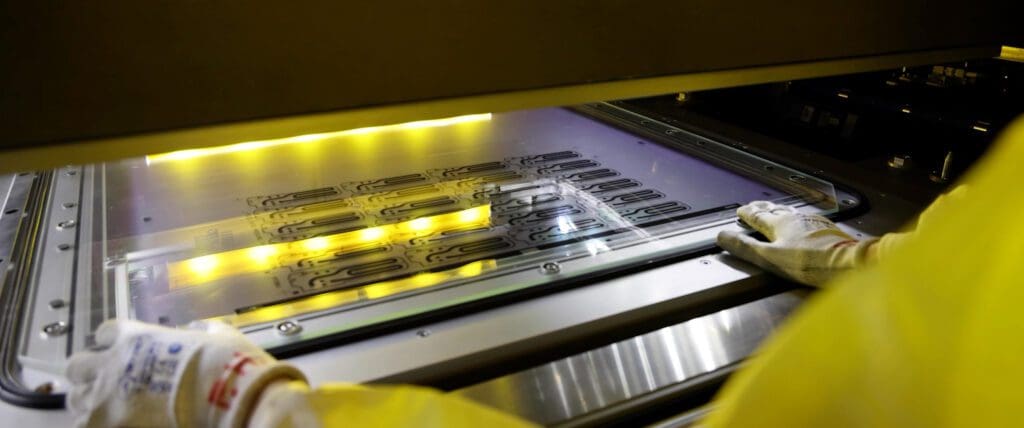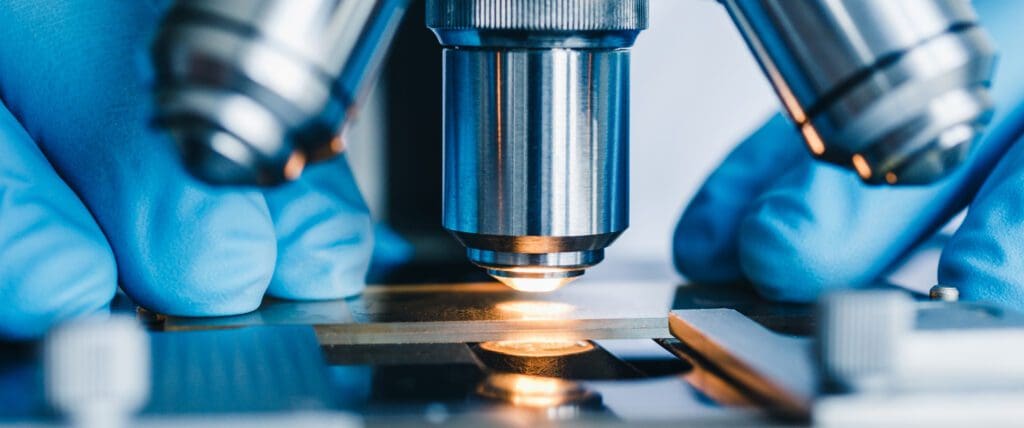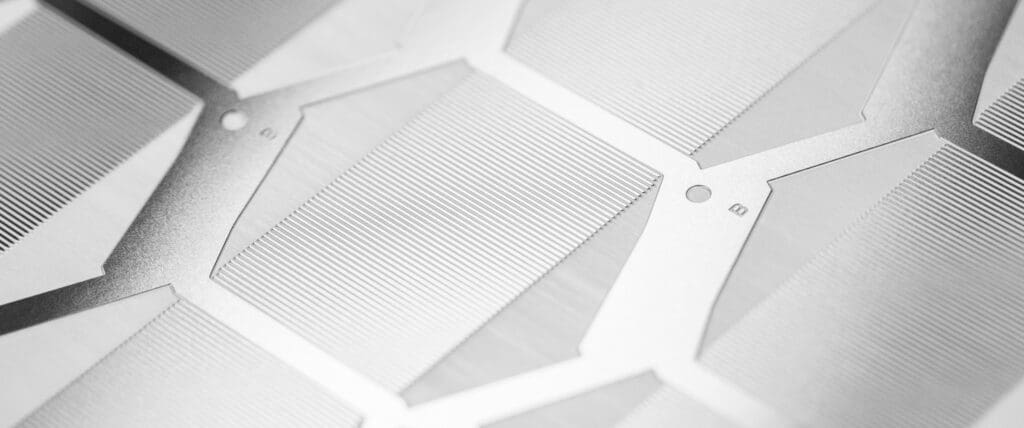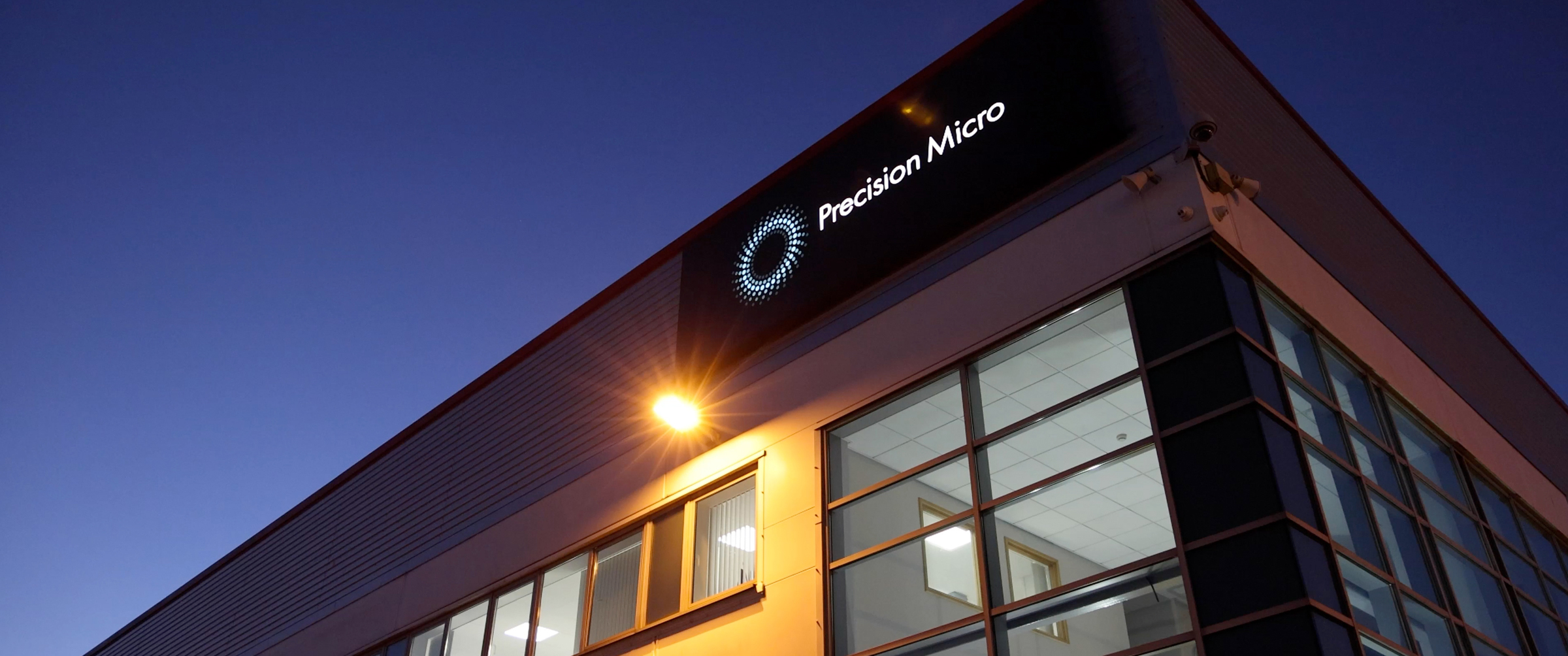Chemical etching of precision parts for safety critical applications
In many manufacturing scenarios, there is demand for more and more complex metal parts with ever-greater accuracy. The necessity for absolute precision and zero failure rates is vital in safety critical applications, and so here the choice of manufacturing process is a primary concern.
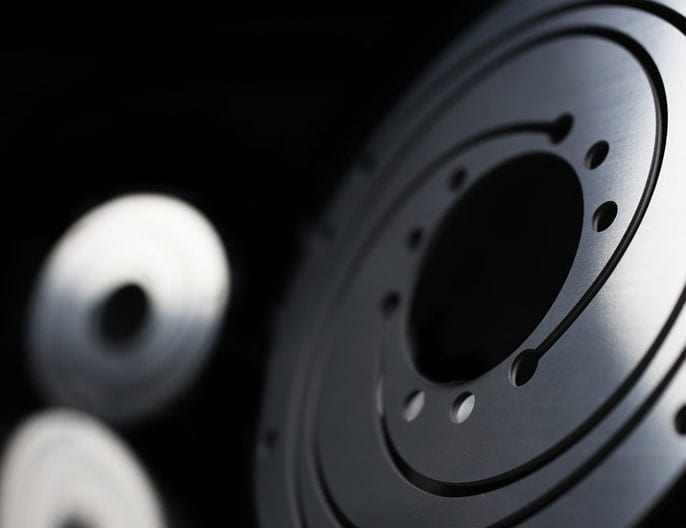
When it comes to the manufacture of feature-rich complex metal parts for safety critical applications, manufacturers are increasingly turning to chemical etching in preference to other, more traditional metal manufacturing technologies.
The question is why!
Metal processing when you start working towards repeatable precision is not for the faint-hearted. Especially in safety critical applications, it is of paramount importance that whatever manufacturing process is chosen does not alter or compromise the nature of the metal being worked.
It is in this area that many metal processing technologies fail to deliver. For example, punching, stamping, and laser and water cutting all cause significant stresses and degradation of the metal being worked, and when the metal being worked becomes thinner, heat distortion and material shredding are common issues.
As a manufacturing process, chemical etching has a key attribute when it comes to part integrity, and that is that during the production process, it does not affect or degrade material properties.
The burrs and rough cuts that are associated with more traditional metal processing technologies are also eliminated when using photochemical etching, which is also well suited to unusual product shapes and features. The nature of the process means that feature complexity is not an issue, and in many instances, chemical etching is the only manufacturing process that can accommodate certain part geometries.
In addition, while chemical etching can be used on a variety of metal thicknesses, it can also work on ultra-thin sheet metal, even as low as 10-micron foil.
Beyond the positive attributes of the process in terms of the resultant metal parts post-processing, chemical etching is also characterised by its cost-effectiveness and versatility at the tooling stage. Tooling for chemical etching is digital, and therefore substantially less expensive than the tooling for alternative metal manufacturing technologies. This means that multiple design iterations and the consequent tooling changes to ensure manufactured part integrity are not a significant issue with chemical etching.
Precision Micro has been involved with numerous manufacturing projects where the parts and components produced are for safety critical applications. A couple of recent case studies spring to mind, one in the medical device sector, and the other in the aerospace sector, both of which required absolute part integrity and performance.
In the area of cutting edge diagnostic technology, Precision Micro worked with Highland Biosciences to manufacture what were referred to as miniature “tuning fork” biosensors comprising three micro-engineered stainless steel tines or prongs, which resonate thousands of times a second, detecting microscopic changes in film thickness, density, and viscosity of liquid samples, and converting the detection of bacterial toxins into electronic signals.
The innovation cycle for the biosensors was very tight, and it was also vital that material properties were not affected during fabrication, which ruled out stamping and laser cutting but played to the strengths of chemical etching. As each biosensor made required a perfectly clean surface to ensure consistent adhesion of the surface coating, Precision Micro developed a dedicated post-process cleaning operation supported by 100% automated optical inspection.
For Highland Biosciences, the ability to receive precise and clean components with minimal requirements for downstream processing was very important. The biosensors are a critical part of the company’s micro viscometer, and as such, there was no room for compromise. Precision Micro’s expertise in chemical etching and innovation in refining the production process were vital to the success of the project, and for work in this area, the company received recognition from the Technology Strategy Board in the UK.
While the safety critical nature of medical products is obvious, and the requirement for zero failure rates is paramount, another project in the area of satellite manufacture also highlights the necessity for OEMs to choose their manufacturing process carefully.
Precision Micro worked with a leading developer and manufacturer of specialised cryogenic equipment on a safety critical flexure for use in a satellite cryogenic cooler. The customer needed a cost-effective, reliable and speedy manufacturing process for its flexures, which were to be used in the ultimate “extreme” environment – space! These flexures had to work as intended over prolonged periods of time. Failure was not an option! After all, if a component fails in space, there is no chance to replace it.
The customer considered machining and wiring before choosing chemical etching as their production technology, but both technologies left small burrs on the parts and recast layers that would compromise performance. Chemical etching as already mentioned is characterised by the fact that it induces no tension in the material being worked, and leaves no burrs.
While cost is an ever-present concern when assessing alternative manufacturing technologies, in niche and highly critical part manufacture like the flexures for the satellite application, its importance is matched by the location and use of a process that guarantees accuracy, repeatability and conformance with extremely exacting tolerances and maintenance of material integrity. Vital for the customer was that potential fracture sites in the grain were eliminated, and this was only achievable with the consistency required through the use of chemical etching and Precision Micro’s expertise.
So just two examples from a vast array of projects that Precision Micro undertakes in the manufacture of safety-critical components. Photochemical etching is precisely suited to such applications which require small, precise, complex, feature-rich parts with no burrs, and no stress related changes in the metal which can occur using alternative metal forming technologies. Chemical etching’s use of digital tooling also ensures that multiple tooling iterations – which are often necessary to perfect the precise nature of such intricate metal parts – are not costly in terms of time or money.
All these attributes combined to make chemical etching the manufacturing process of choice for especially critical and exacting, safety critical applications.
Chemical Etching Whitepaper
Learn how chemical etching can overcome the limitations of traditional sheet metal machining technologies.
Download